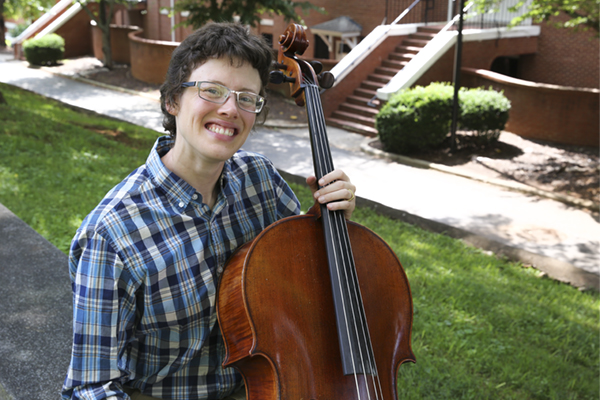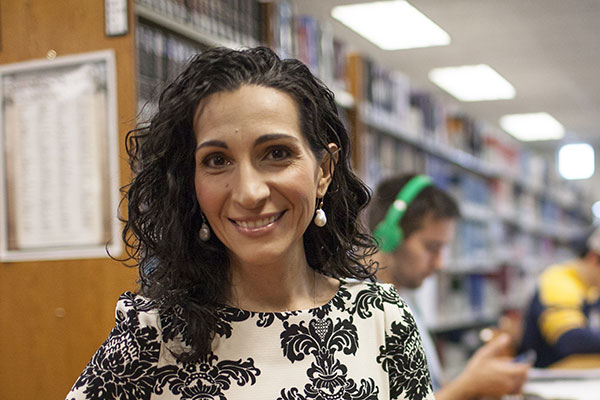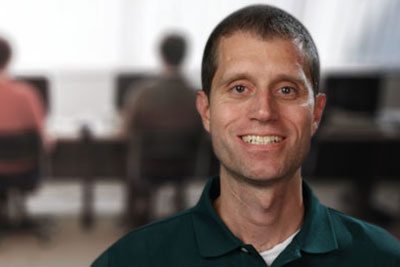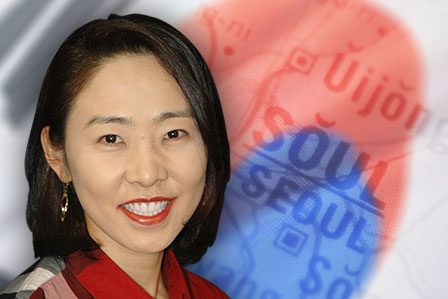Austin Seidel
Austin Seidel is part of the next generation of cybersecurity leaders the University of North Georgia (UNG). Scheduled to graduate in December 2023, Seidel is pursuing a bachelor's degree in cybersecurity and a minor in Arabic.
The Loganville, Georgia, resident is also a member of UNG's Corps of Cadets who aims to commission in the Army National Guard's military intelligence branch.
Seidel is a recipient of the Georgia Military Service Scholarship, which is worth more than $85,000 over the course of his college career. Each year, 42 Georgia high school seniors receive the scholarship from the state, through which they are members of the Georgia Army National Guard while at UNG and have most of their school expenses covered.
He is also a recipient of the Col. Michael D. Pyott Memorial Scholarship honoring UNG's former professor of military science's leadership.
Seidel originally had the goal of serving as an FBI special agent, but he later decided to shift away from criminal justice. On a tour at UNG, he heard about the school's cybersecurity education programs.
"I didn't have the technical background, but I knew the university could catch me up on that," he said. "I feel like I am serving a greater purpose than myself by protecting people and helping them feel safe."
His applied cybersecurity course helped him realize cybersecurity was right for him, and he continues to shine in the classroom.
"UNG does a great job balancing technical and conceptual courses," Seidel said. "Cybersecurity is challenging, but it's extremely rewarding when you figure it out and continue to develop those skills."
The cybersecurity labs encourage him that he is gaining the skills needed to excel in his career. He has thrived under the mentorship of faculty members like Dr. Ash Mady, assistant professor of computer science. Mady brings experience both in the private sector and higher education to the classroom.
"I love his teaching style. He is nothing but supportive. He helps me find more resources to learn about cybersecurity," Seidel said. "He is more than open to answering any question. I look up to him."
Seidel is one of numerous students who have benefited from UNG's Institute for Cyber Operations, which was launched with three years of U.S. Department of Defense funds.
The institute, which helps students connect with cybersecurity professionals in the military, government, and businesses, also provides financial backing that allows students to gain cybersecurity certifications while at UNG.
"It gives students opportunities to get a head-start on their careers," Seidel said.
Seidel's time at UNG has helped him realize cybersecurity is a highly accessible field.
"I am a perfect example of someone coming into college with literally zero coding experience and slight familiarity with computers, yet being able to learn and advance my way to earn awards of excellence just by applying myself," he said. "The resources are out there for anyone to learn cybersecurity and it doesn't have to be a bachelor's degree, but there is a lot of value with spending the time to learn that one gains at a university but would not get elsewhere."




